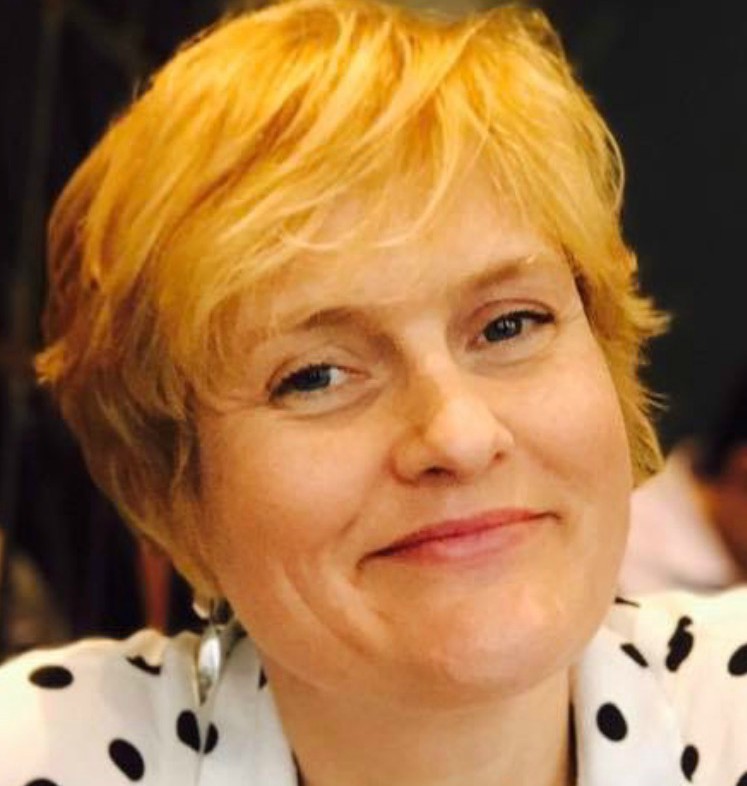
I work at the Greenhouse Walk-in practice which is a specialist surgery for vulnerable and homeless people in Hackney, east London.
We have 1,105 registered patients, of which 457 (41%) have a care of address related to their healthcare needs at the Greenhouse. The daily incoming mail for these patients is a maximum of eight letters.
What is the process? New patients when registered are asked if they live in the area and if they have an address. We accept care of addresses from friends, family, temporary accommodation, hostels and shared accommodation. Only if there is none available do we provide the Greenhouse as their address for health care mail exclusively.
If an address is needed for any other mail they are referred to the housing team. The patient is asked to come in on a regular basis to check their mail particularly if they have been referred, or are already under hospital care. The receptionists are friendly and helpful at all times and clients like to ‘pop in’.
In over 10 years there has never been a complaint concerning mail
If a hospital referral is made during the consultation the patient leaves with an appointment, or if the referral is made later the patient is called up, given the details and asked to come to the surgery to pick up the letter. For all non-choose and book appointments the patient is asked to check for mail every week.
Occasionally we put alerts on patient’s records if we have not been able to contact them to remind the reception that there is a letter. Non-collected mail is checked every three months. At that time, we check that the patient is still registered, and an attempt is made to contact them. Otherwise the letters are returned to the sender.
The Greenhouse has been in existence for over 10 years. There has never been a complaint concerning mail.
Considering our client selection, I cannot imagine any ordinary surgery being under pressure from or being overwhelmed by the burden of homeless people and the responsibility for helping them attend appointments.
We are all here to offer health care to the best of our abilities and using our assets in every way possible will help our most vulnerable patients rather than hinder already difficult lives.
We don’t want to turn away the very people who need our help just because they cannot provide a utility bill. I remember a conversation I had recently with a 60-year-old patient who has lived and worked in London for the last 26 years and still does. He is eligible for NHS care. He lives in a room smaller than my consulting room. He has diabetes with some associated problems. He was denied registration at a local GP surgery because he could not provide a utility bill. Now he prefers to travel on two buses to see us, rather than try again to register at the local practice with our help.
Dr Gertrud Buerstedde is a GP in east London
Pulse October survey
Take our July 2025 survey to potentially win £1.000 worth of tokens












